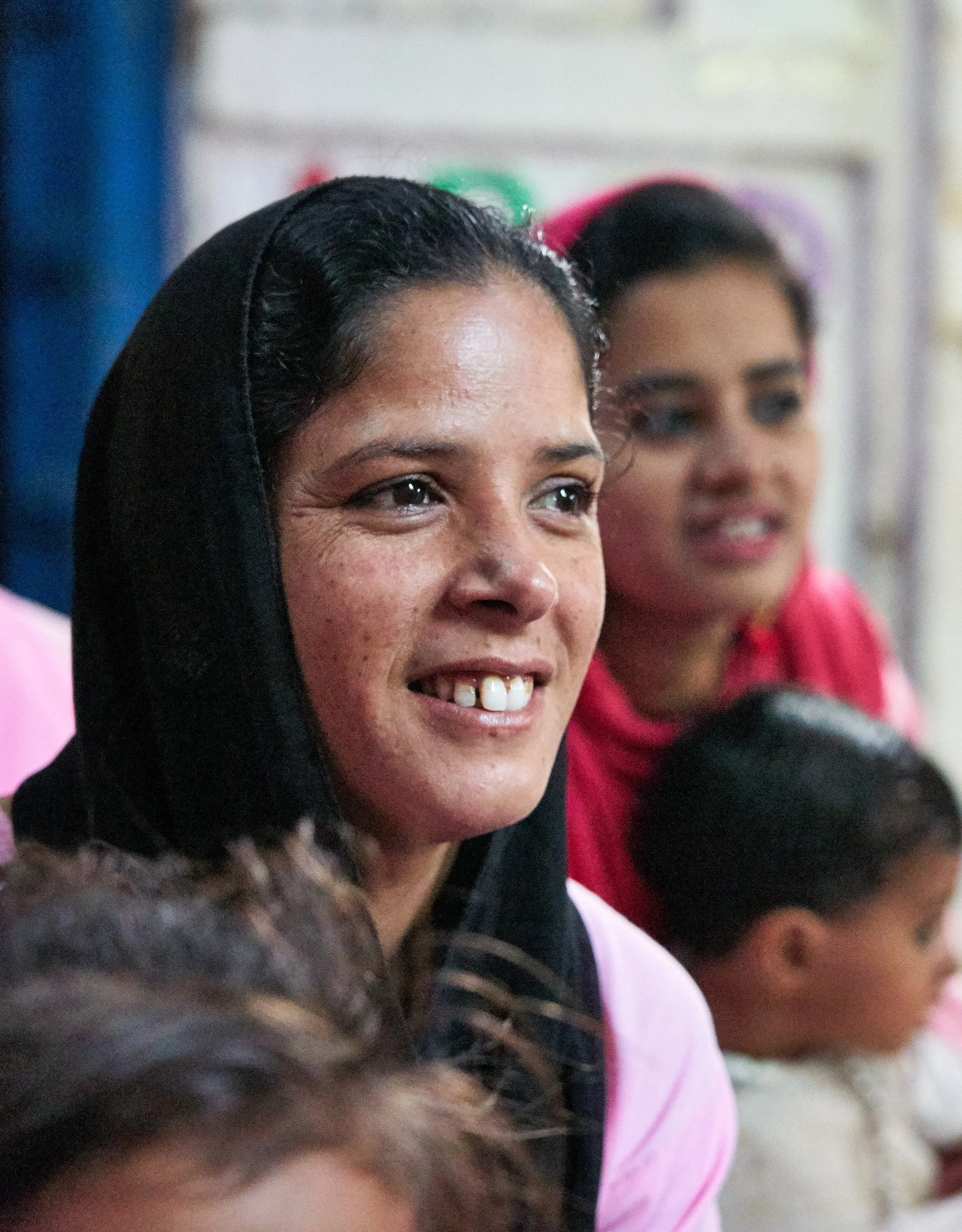
Report From the Founder: A Year of Courage, Care, and Community-Led Growth
At the Sambhali U.S. Annual Board Meeting in October, we were joined by Sambhali Trust founder Govind Rathore, who gave us an inspiring update on the work the Trust has been doing this past year. Below are some highlights from our discussion:
Govind thanked Sambhali U.S. for standing with Sambhali Trust “shoulder to shoulder, arm in arm”, explaining our support continues to open doors for women and girls across Rajasthan.
He began by apologizing for being a few minutes later for the meeting. At the heart of Sambhali’s work is community: showing up for one another, protecting one another, and ensuring every girl and woman has a place where she is safe, seen, and supported. On the day of our meeting, Sambhali’s team had been navigating a sensitive situation. A survivor facing mental health challenges stemming from domestic abuse had left Sambhali’s shelter unexpectedly. Govind, along with other staff and community networks, had been working tirelessly to locate her and ensure she was safe. As Govind explained: “She is someone we love deeply—full of resilience and spirit—and our hope remains strong. This moment reminds us why our work matters: care is ongoing, human, and shared.” Later in the day—by then late night in Rajasthan—Govind sent us a message that she had been found.
Amid days like this, Sambhali continues to grow in powerful ways as well as to face powerful challenges.
In Jodhpur, Sambhali’s shelter and the first queer-run café in Rajasthan are thriving together. The café now sustains the living costs of the shelter residents—currently young queer people who previously faced bullying or unsafe boarding environments. They now study, cook together, manage their own household, and help run the café with pride. The building manager is the only role paid by donations; the rest is self-sustaining. This is what dignity in practice looks like: community members shaping their own lives while building a model others are already looking to replicate.
Sambhali’s rural program in Setrawa is also responding to new needs expressed directly by girls and families. Many adolescent girls who have completed their exams want to continue their education, but lack academic support at home. The girls themselves asked: “Will you help us go to college?” This is not just a request—it is a milestone. In families where girls once were not educated past childhood, daughters are now asking for futures of their own making. Sambhali is looking into how it can meet this need by placing a full-time educator in Setrawa to provide after-school academic support and college application guidance. This is change led by the girls themselves.
And yet the challenges remain. Govind reported on the boarding homes in Jodhpur, both their success in working with girls from rural and urban poverty and the heartbreak of having to turn away girls who long to join but resources aren’t available.
Govind also explained how Sambhali is gaining recognition across India and beyond. He explained “corporations and institutions are now coming to us—not just the other way around." The Canadian Embassy has visited and contributed support. Indian corporate social responsibility partners have provided a grant for Sambhali to expand its women’s and girls’ programs into 50 villages in rural areas the Jaisalmer district, reaching 1,500 girls and 120 women, and creating more than 60 new jobs for local women. And as discussed in Sambhali Steps on the Global Stage, Sambhali reached a global audience at the recent convening of the UN Commission on Human Rights.
We often speak of Sambhali’s holistic approach to those it serves as Govind so beautifully explains in this video clip from the meeting. He describes how a woman seeking to escape ongoing domestic violence finds the multiple resources she needs for herself and her children at Sambhali:
This year, Sambhali is emerging stronger: more recognized across India and the world and, as always, deeply rooted in local leadership and guided by the needs and voices of the women and girls it serves.


